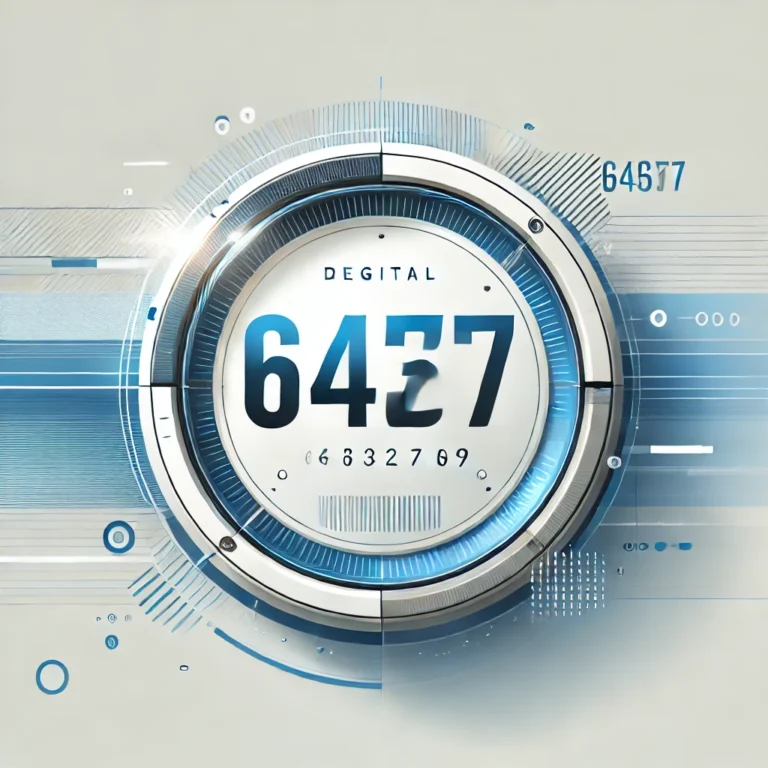
The human experience is defined by the choices we make. At the core of our decision-making lies the concept of the “projection of will,” an abstract but critical framework that governs how intentions and actions manifest. When faced with any situation requiring a response, individuals are essentially left with two options: to comply or to defy. This binary interplay of compliance and defiance is not only foundational to psychology and philosophy but also resonates across societal, moral, and individual dimensions.
In this article, we will dissect the focus keyword “projection of will can only choose to comply or defy,” exploring its philosophical roots, psychological implications, and practical significance. This phrase encapsulates the essence of decision-making dynamics, shedding light on the duality of human response mechanisms.
What Does the Projection of Will Mean?
The “projection of will” refers to the outward manifestation of an individual’s intent. It is the force that drives actions, interactions, and responses. This concept hinges on the idea that the human will is not a passive entity; instead, it actively shapes experiences, decisions, and outcomes.
When an individual projects their will, they externalize their internal desires, beliefs, or goals. However, the nature of this projection is not free from external influences. It faces tests, challenges, and constraints, which ultimately demand a response—compliance or defiance.
The Binary Choice: Compliance or Defiance
At every crossroads where the projection of will comes into play, two paths emerge:
- Compliance
Compliance involves aligning one’s actions with external demands, expectations, or norms. It is often the path of least resistance, chosen for convenience, safety, or acceptance. For instance, when faced with societal rules or workplace policies, compliance reflects a willingness to conform. - Defiance
Defiance, on the other hand, represents resistance. It is the deliberate choice to oppose, challenge, or reject external influences. Defiance often stems from personal values, autonomy, or a desire to initiate change. History is replete with examples of defiance shaping revolutions, innovations, and cultural shifts.
Both compliance and defiance are expressions of the projection of will. Neither is inherently good or bad; the context, motivation, and consequences of each choice determine its value.
Philosophical Foundations
The idea that the “projection of will can only choose to comply or defy” has deep philosophical roots. Philosophers such as Friedrich Nietzsche and Jean-Paul Sartre have explored similar themes in their discussions on free will, autonomy, and existentialism.
- Nietzsche’s Will to Power
Nietzsche posited that the will is the primary driving force behind human behavior. He argued that individuals strive to assert their power and influence over their circumstances. The choice to comply or defy reflects the individual’s struggle to reconcile internal will with external forces. - Sartre’s Existential Choice
Jean-Paul Sartre emphasized the burden of choice inherent in human freedom. According to Sartre, individuals are “condemned to be free,” meaning that every decision reflects a deliberate projection of will. The duality of compliance and defiance underscores the weight of responsibility associated with freedom.
Psychological Insights: Why Do We Comply or Defy?
From a psychological perspective, the tendency to comply or defy can be influenced by various factors, including personality traits, situational pressures, and social conditioning.
- Authority and Social Influence
Psychologists such as Stanley Milgram and Philip Zimbardo demonstrated the power of authority in shaping compliance. In the famous Milgram experiment, participants complied with instructions to administer shocks, even when it conflicted with their moral beliefs. This highlights how external pressures can override personal will. - Rebellion and Autonomy
Defiance often arises when individuals perceive a threat to their autonomy. Psychological theories like Self-Determination Theory (SDT) suggest that autonomy is a fundamental human need. When this need is stifled, individuals are more likely to resist. - Cognitive Dissonance
When an individual’s actions conflict with their beliefs, cognitive dissonance occurs. This discomfort can push individuals towards compliance (to reduce conflict) or defiance (to assert consistency with their values).
The Role of Context in Decision-Making
The interplay between compliance and defiance is rarely black-and-white. Context plays a critical role in determining how individuals project their will. Consider the following scenarios:
- Workplace Dynamics
In professional settings, compliance is often rewarded. However, defiance can lead to innovation and change. A balance between the two is essential for progress. - Social Movements
Many social movements, from civil rights to environmental activism, are born out of defiance. Here, the projection of will challenges oppressive systems, creating avenues for justice and reform. - Personal Relationships
In personal relationships, compliance may foster harmony, while defiance can assert boundaries. Navigating these dynamics requires emotional intelligence and mutual understanding.
The Ethical Dimension: When to Comply or Defy?
The choice between compliance and defiance is not just a matter of personal preference; it carries ethical implications. Understanding when to comply or defy involves weighing the potential consequences of each choice.
- Compliance is ethical when it promotes collective well-being, respect, and harmony.
- Defiance becomes necessary when compliance perpetuates harm, injustice, or oppression.
For example, whistleblowers who defy corporate secrecy to expose unethical practices demonstrate the moral courage to prioritize justice over conformity.
Strategies to Navigate the Choice
- Self-Reflection
Before choosing to comply or defy, individuals should evaluate their motivations and the potential impact of their actions. - Critical Thinking
Questioning assumptions, analyzing evidence, and considering alternative perspectives can guide informed decisions. - Balancing Assertiveness with Empathy
Striking a balance between asserting one’s will and understanding others’ viewpoints fosters constructive outcomes.
Real-World Applications
The principle that the “projection of will can only choose to comply or defy“ finds relevance in various domains:
- Leadership
Leaders must project their will to inspire teams. Balancing compliance with innovation ensures sustainable success. - Education
Teachers face the challenge of encouraging compliance with rules while nurturing independent thought among students. - Healthcare
Patients often face decisions to comply with medical advice or explore alternative treatments, reflecting the tension between trust and autonomy.
FAQs
Q1. What is meant by “projection of will”?
The projection of will refers to the outward expression of an individual’s intentions, beliefs, or desires through their actions or choices.
Q2. Why is the choice between compliance and defiance significant?
This choice reflects how individuals navigate external pressures and assert their autonomy, shaping personal and societal outcomes.
Q3. Can compliance and defiance coexist?
Yes, they can coexist in nuanced ways. For example, one might comply outwardly while harboring defiant intentions or vice versa.
Q4. How does culture influence compliance or defiance?
Cultural norms and values play a significant role in shaping tendencies toward compliance or defiance. Collectivist cultures may prioritize compliance, while individualistic cultures may value defiance.
Q5. How can one make ethical decisions in choosing to comply or defy?
Ethical decision-making involves considering the broader consequences of one’s actions, prioritizing justice, fairness, and the well-being of others.
Conclusion
The phrase “projection of will can only choose to comply or defy” encapsulates a profound truth about human nature. Each decision to align or resist reflects an intricate dance between personal autonomy and external forces. By understanding the dynamics of compliance and defiance, individuals can navigate life’s challenges with greater clarity and intentionality. Whether in personal growth, societal reform, or ethical dilemmas, the projection of will remains a powerful force shaping the human journey.



